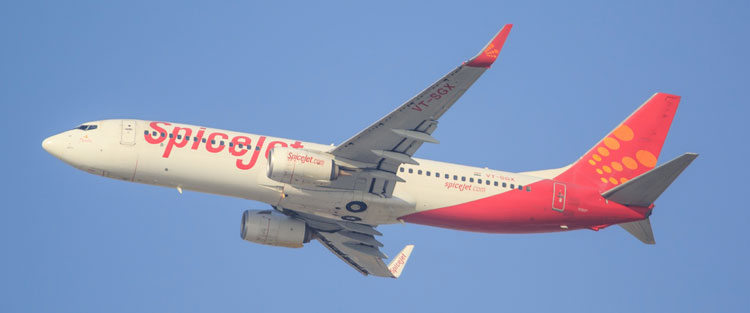The grounding of the Boeing B737 MAX globally could result in compensation claims from different airlines, including SpiceJet. The Indian airline company’s operations have been affected by the aviation regulator’s decision following two crashes in the past five months.
“The aircraft manufacturer is bound to compensate the airline if it is conclusively proved that the grounding was because of some manufacturing fault. However, the manufacturing firm can sue the regulator for grounding the plane and bringing on bad reputation,” Harsh Vardhan, aviation analyst and CEO of Starair Consulting, said.
He said the compensation clauses for the grounding of aircraft are a normal part of the buyer and seller agreement.
However, the claim can be made only when the operator has a legally sound grievance to invoke it and conclusively prove that it was the manufacturer’s fault.
While SpiceJet, which had to ground 12 planes, did not confirm whether they would seek compensation, reports said Norwegian Air has become the first airline to publicly state that it will demand compensation for the grounding of its Max planes.
“It is quite obvious we will not take the cost related to the new aircraft that we have to park temporarily…We will send this bill to those who produce this aircraft,” Norwegian Air CEO Bjørn Kjos said in a recorded message.
Jet advance bookings
Aviation regulator DGCA may bar Jet Airways from taking advance bookings beyond a particular period amid a drastically reduced capacity and massive flight cancellations, an official said on Thursday.
Jet Airways has been flying only 61 of the 116 planes it has in the fleet, forcing it to cancel as much as 45 per cent of its total flights per day.











